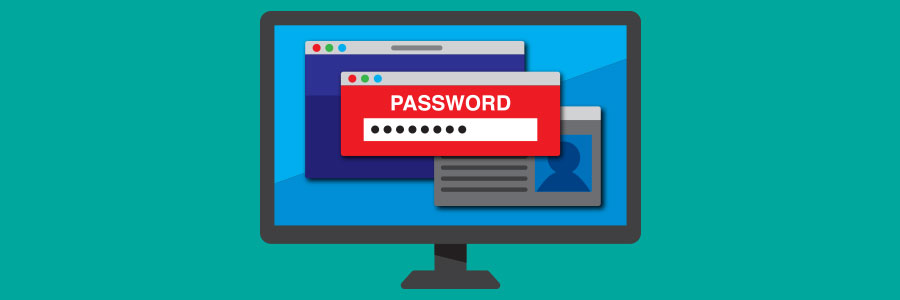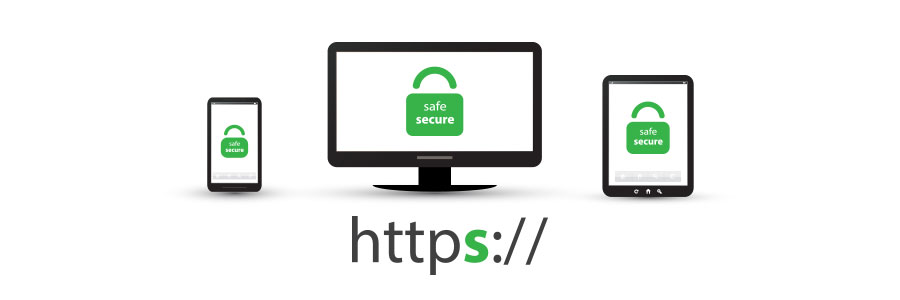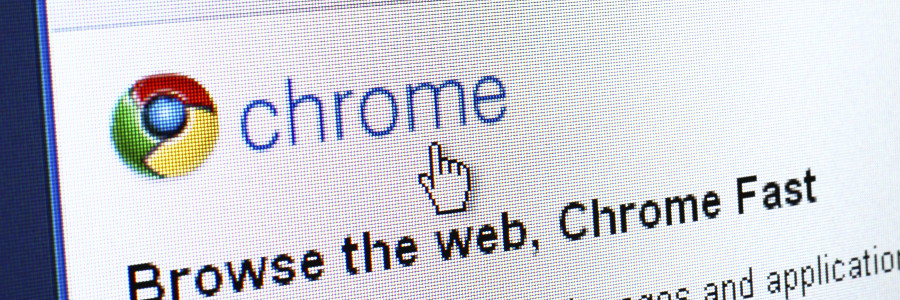Privacy is a precious commodity in this era. Every website you visit or app you download leaves a digital footprint that can be tracked by anyone. Fortunately, most — if not all — web browsers offer private browsing features to keep your internet activity a little bit safer from prying eyes.
Can private browsing keep you safe?
Autocomplete password risks

Web browsers come with features to improve user experience. One of the most popular ones is auto-fill passwords. These are designed for users to store and automatically use their account credentials to access websites and other applications. While auto-fill passwords are convenient, they come with security risks.
Easy steps to make Google Chrome faster
How to pick the most secure browser

The internet is a Wild West of sorts, as one could never know what kind of threat they’ll come across. This is why for businesses, it’s important to identify secure browsers to keep threats at bay.
Microsoft Edge
Microsoft Edge, Windows’ current default browser, is an improvement over its predecessor Internet Explorer (IE). Edge was developed with Windows 10 integration and IE end-of-life in mind, resulting in a powerful and more efficient browser that has Cortana (Windows’ answer to Alexa and Siri) integration and Microsoft Store extensions.
Mobile phone biometrics enhances security

Constantly using passwords on a smartphone can be a pain, not to mention a high security risk. Luckily, popular mobile browsers like Chrome and Firefox Lite are now supporting biometrics for authentication to make logging in to social media, email, and online shopping accounts easier and more secure.
Must-have extensions for your Google Chrome

Google Chrome is the most popular and most used browser in the world. And because of its unparalleled speed, user-friendly interface, and powerful performance, it’s also touted as the best browser. But did you know that the Chrome Web Store is full of extensions you can install to add extra features to your browser? Here are some extensions you should definitely try.
Understanding HTTPS

Are you an avid online shopper? Have you noticed if each payment page has HTTPS in its URL lead-up? If you’re not absolutely sure, you might be a prime target for identity theft. Here's why you should make sure that the websites you browse for shopping have a little padlock icon on them in the URL bar.
Invaluable tips for online safety

Let’s be honest, surfing the net in the comfort of your home or with the privacy of a small screen feels safe. However, certain sites could be snooping on your online activity by placing digital trackers called “cookies” on your devices. Here’s what happens to your personal details whenever you go online.

